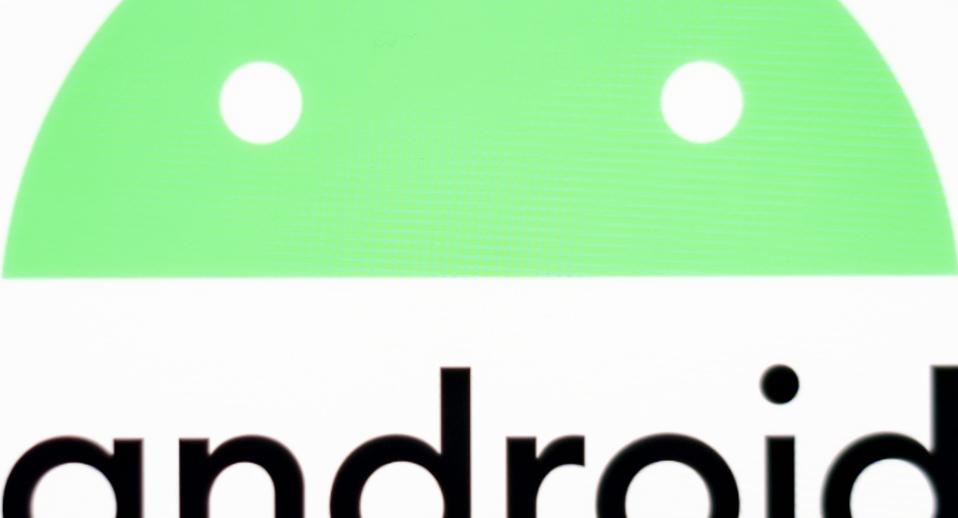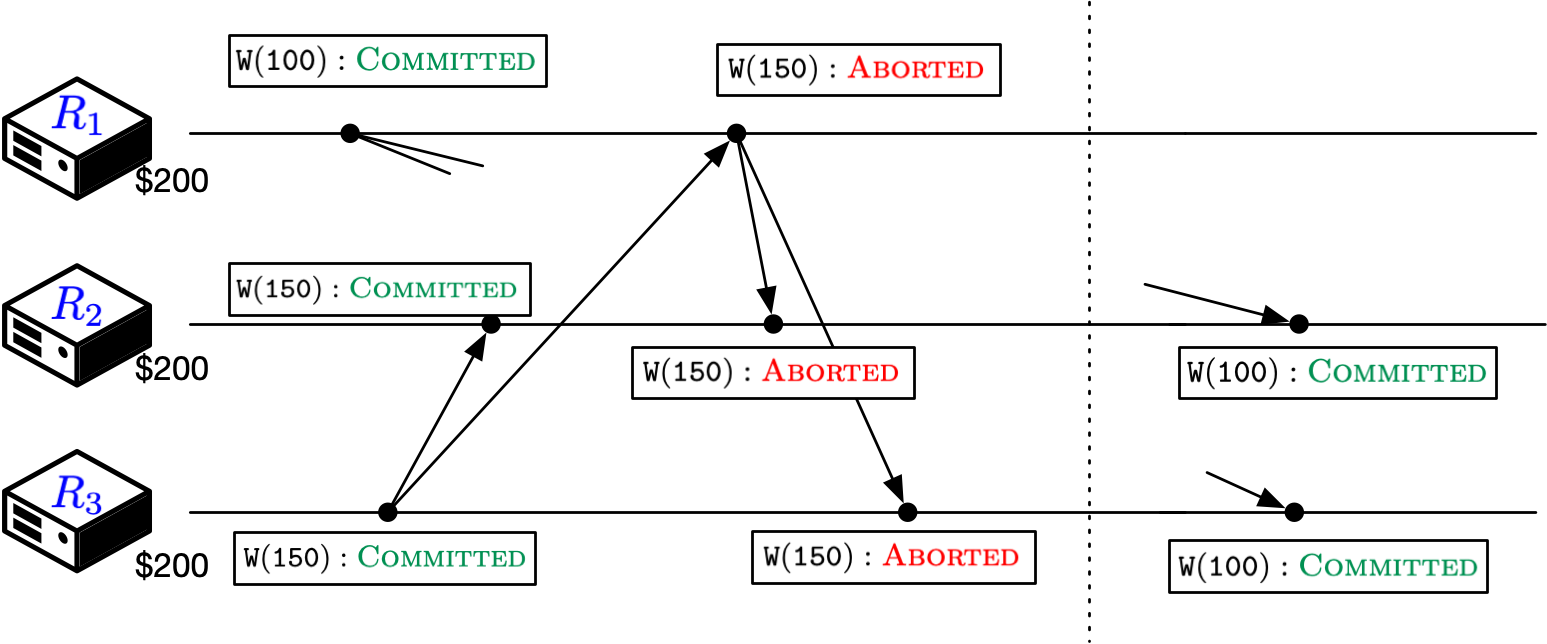
Do you need a new phone?
SOPA Images/LightRocket via Getty Images
Google is locking down Android and the message is simple — get used to it. Freedom carries risks. Android’s mantra was always you can’t have one without the other, if you want a locked down device, you should get an iPhone. But putting Google’s insatiable tracking habits to one side, there’s now little difference between the two.
So it is with the latest lockdown initiative. Android’s developer verification, “an extra layer of security that deters bad actors and makes it harder for them to spread harm.”
This is “absolutely not” blocking sideloading, Google insists. But it’s clear that hurdles for developers offering apps outside Play Store to certified Android phones are high.
ForbesSamsung’s All-New Galaxy S26 Upgrade—This Changes AndroidBy Zak Doffman
“Sideloading is fundamental to Android and it is not going away. Our new developer identity requirements are designed to protect users and developers from bad actors, not to limit choice." Google assures “verified developers will have the same freedom to distribute their apps directly to users through sideloading or through any app store.”
Android’s hardcore user base is not impressed with the move. The most vocal sentiment seems to be “I may as well buy an iPhone.” But Google has little choice. Sideloading is high-risk and Android’s multi-billion user base is in the crosshairs.
Google will demand payment from developers to cover the cost of their own verification, which will also likely require government ID. None of which seems very “Android.” What’s unclear is whether future hurdles might be added before sideloaded apps get onto phones. Malware and permission abuse scans would seem logical follow-ons.
Meanwhile, on the subject of Android’s lockdown, there’s a bigger threat to around 750 million users and their devices and data. Around 25% of all Android phones globally run Android 12 or older. None of these phones are eligible for security updates.
ForbesApple’s Next iPhone Update Leaves Samsung Phones BehindBy Zak Doffman
Google is clamping down on these phones as well. The Play Integrity API which helps lock down apps on phones has been revamped for 2025. Developers now differentiate between phones running Android 12 or older and the rest. This can restrict how banking and other sensitive apps operate on your device, locking down functionality.
Google’s direction is set. You need to ensure you are running a supported version of the OS ‚ which means upgrading if you’re not. You need to avoid sideloading, albeit the risks in doing so will soon reduce. And you need to run Google’s raft of Play Services and Systems to enforce policies and to defend phones against malware and other attacks.
All very good. Just not very Android.
.png)



